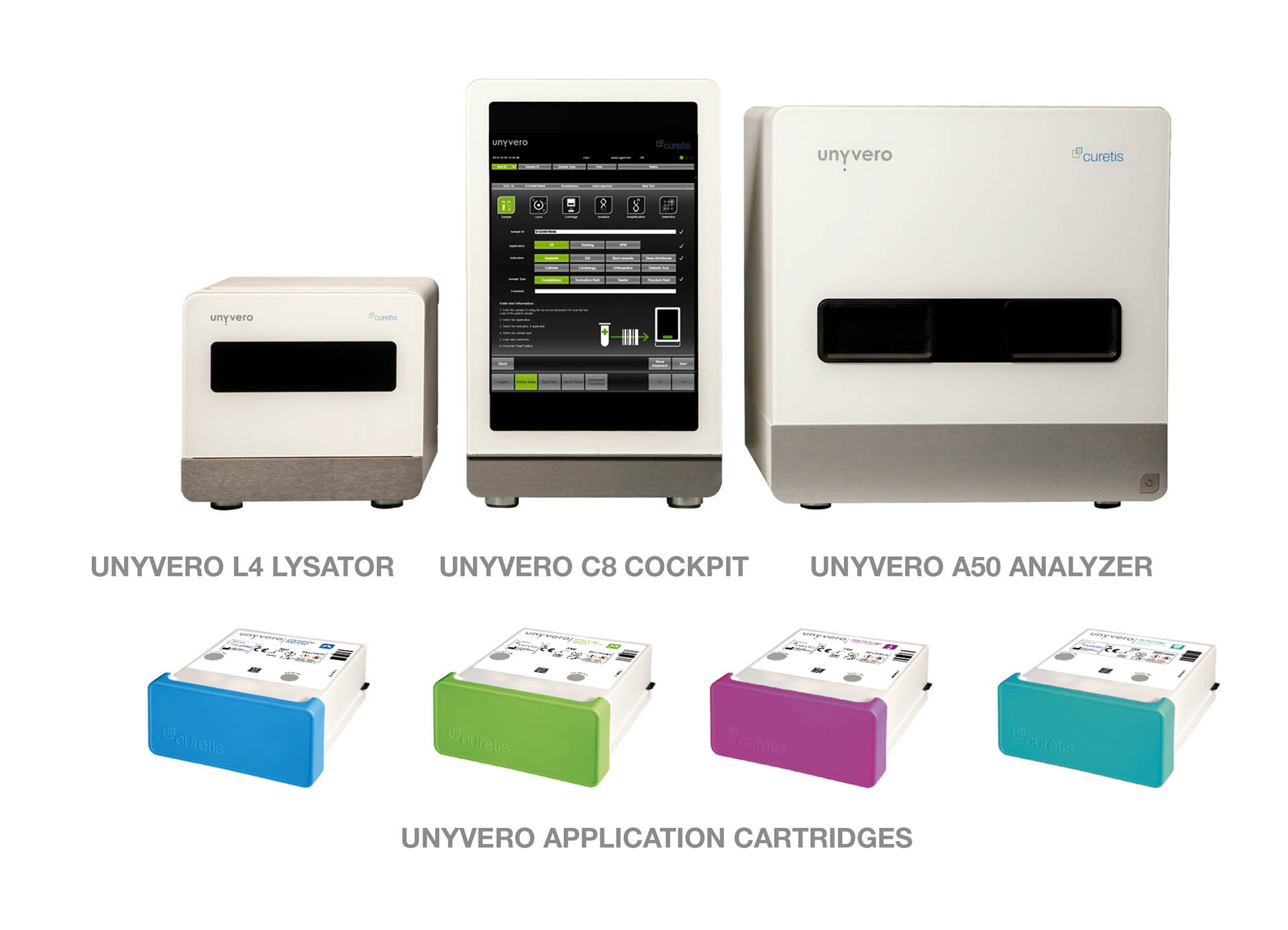The need for a rapid etiological diagnosis is today one of the most prominent clinical needs unfulfilled in the field of severe bacterial infections. A short time until the test results are available to the doctor is among the factors that influences the overall prognosis of these patients.
Pneumonia si sepsisul sunt probabil cele mai importante doua infectii care necesita cel mai scurt timp posibil pana la obtinerea unui rezultat (TTR). Utilizarea tehnicilor microbiologice standard, bazate in principal pe metode care necesita cultivarea germenilor pe medii de cultura, ofera un rezultat abia dupa 24/36 h de la recoltarea produsului biologic. Introducerea tehnicilor alternative, bazate in principal pe testele de amplificare a ADN-ului, a modificat recent abordarea diagnosticului pentru un grup mare de infectii severe. In plus, utilizarea testelor de amplificare a ADN-ului a facut posibila introducerea in fluxul de lucru microbiologic a asa-numitei "abordari sindromice" care se bazeaza pe capacitatea acestei tehnici de a detecta mai mult de un germen in randul unui grup de potentiali agenti patogeni. Aceasta noua tehnica a modificat perspectiva de abordare a testelor de diagnosticare din "incercati sa identificati germenul responsabil" in "spune-mi care sunt germenii potential responsabili pentru infectie". Aceasta abordare diagnostica s-a dovedit eficienta si din perspectiva rapiditatii, deoarece timpul pentru obtinerea rezultatului este redus la mai putin de 6 ore. Prezentarea de mai jos descrie cea mai recentă aplicatie PCR multiplex pentru diagnosticul infecțiilor severe si ofera o viziune care pune in lumina sensul clinic și utilitatea rezultatelor.
See here how it works
Description Unyvero Panel

